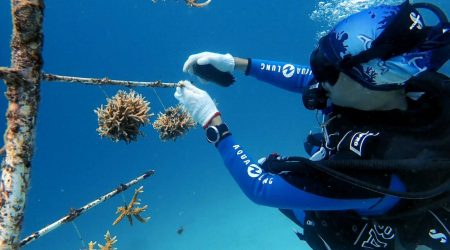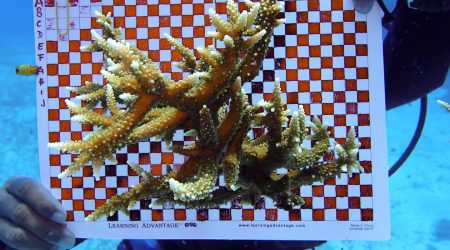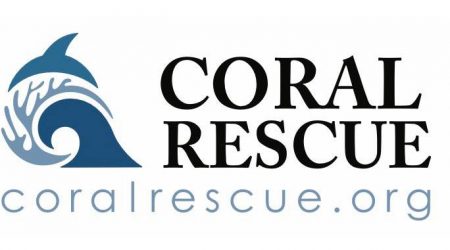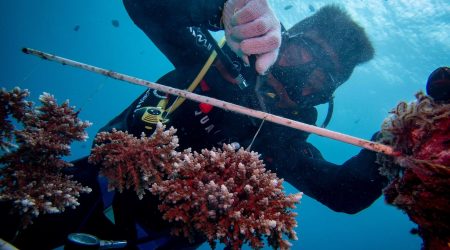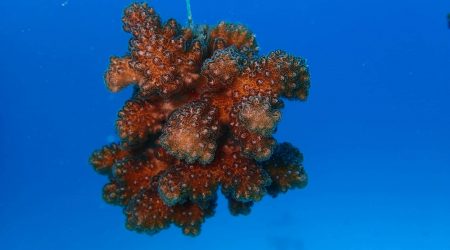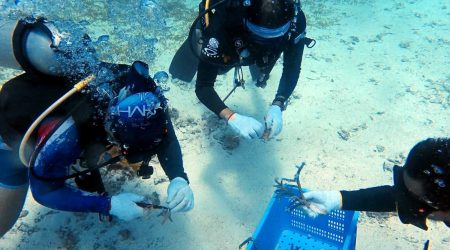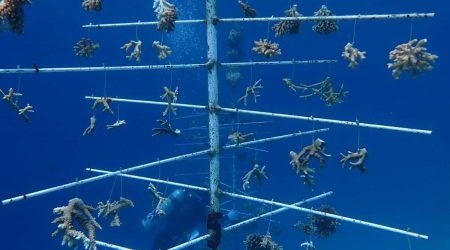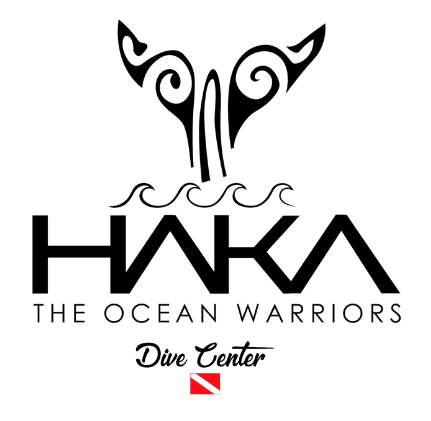
We have partnered with a US non-profit, the Loveland Living Planet Aquarium (LLPA) & The Mead Foundation to undertake large-scale coral reef restoration in the Philippines and beyond.
Become a Coral Rescue Volunteer!
As a volunteer with Haka Dive Center, you have the chance to play an active role in the world’s greatest reef restoration effort. Volunteers are an integral part of what we do, supporting every aspect of our work.
As a recreational diver, you could help with nursery work, outplanting on the reef, or monitoring the health of previously corals that have already been outplanted.
We provide structured training for in-water volunteers so that you can develop the skills you need, step by step.
Dive with us to the coral nursery and enjoy our project with your own eyes!
We accommodate up to 15 trees, forming a nursery. Up to 600 new corals can grow on each tree per year. It’s possible for one nursery to generate 12,000 new coral fragments each year, which will be planted to form a new, healthy reef ecosystem. The coral fragments are also genetically suited to adapt to rising ocean temperatures, and as they mature and reproduce, their genes are passed along, giving future generations of coral the best chance for survival.
Haka Dive Center will bring you to our beautiful nursery to show you what we have been establishing with our reef restoration efforts.
